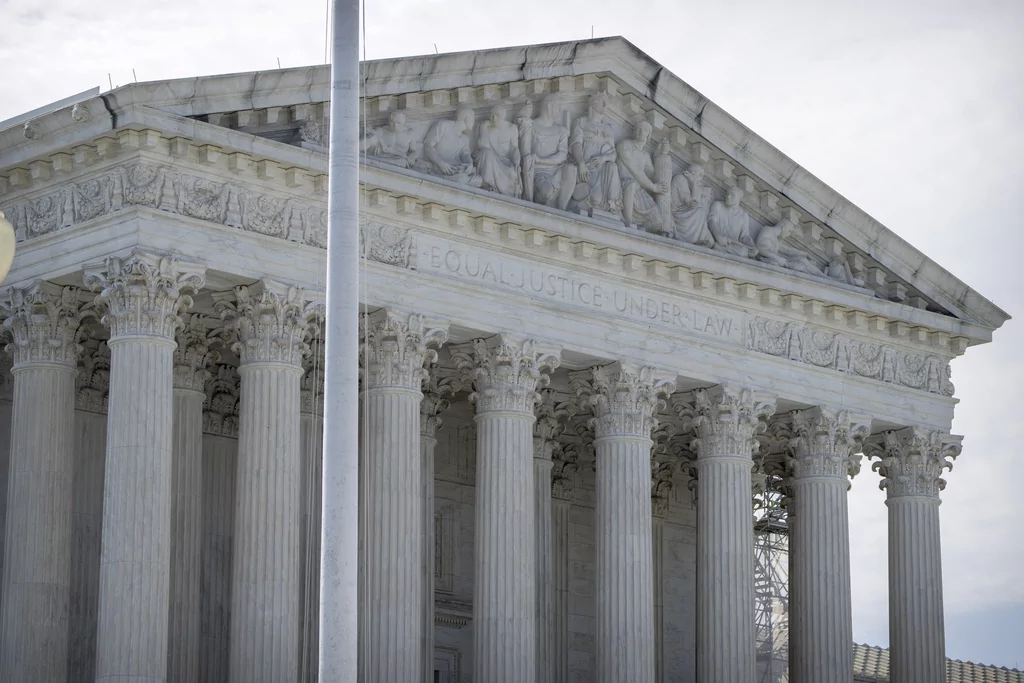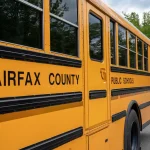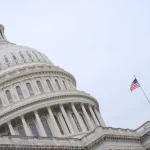

The Supreme Court on Tuesday declined to revive a lawsuit led by 21 youth activists who contend that the federal government’s energy policies violate their constitutional rights by worsening climate change.
The Supreme Court’s denial of a petition in Juliana v. United States marks a major setback for the youth-led climate lawsuit. Brought by the nonprofit law firm Our Children’s Trust, the case was originally filed in 2015 and has faced continual obstacles in lower courts. The group argued that the 9th Circuit overstepped by ordering an Oregon federal judge to dismiss the case and asked the Supreme Court to reinstate their claim.
Following years of litigation, the San Francisco-based 9th U.S. Circuit Court of Appeals eventually ordered its dismissal in 2020. In May, a three-judge panel from the 9th Circuit reinforced the dismissal, effectively halting the plaintiffs’ efforts to pursue the case.
OCT’s webpage argues its goals are to provide younger generations “legal rights to a safe climate.” Despite the Supreme Court’s decision, Julia Olson, the plaintiffs’ attorney, emphasized that the core issue remains unresolved. “The standing of children to be heard in their right to life case is a pressing issue of national importance,” she told Reuters in a statement.
The youth plaintiffs may still seek a review by the Supreme Court, with the deadline for a certiorari petition set for Dec. 9. This step would allow the activists to present broader arguments on why their case should be heard and why they believe they have standing to sue the federal government over climate policy.
In Juliana, the plaintiffs argued that the federal government knowingly pursued policies that worsen climate change, despite the well-documented dangers associated with fossil fuel reliance. However, the 9th Circuit ultimately found that the judiciary was not the appropriate branch to address such a broad and complex issue.
CLICK HERE TO READ MORE FROM THE WASHINGTON EXAMINER
This lawsuit, part of a broader movement in climate litigation led by youth activists, is among several cases nationwide in which plaintiffs seek to hold state and federal governments accountable for policies that allegedly accelerate climate change. While some youth-led climate cases have faced challenges, others have seen progress.
For example, a Montana judge ruled in 2023 that the state was violating the rights of young residents by blocking regulatory consideration of the climate effects of new fossil fuel projects, and Hawaii reached a first-of-its-kind settlement this year to decarbonize its transportation system by 2045.







